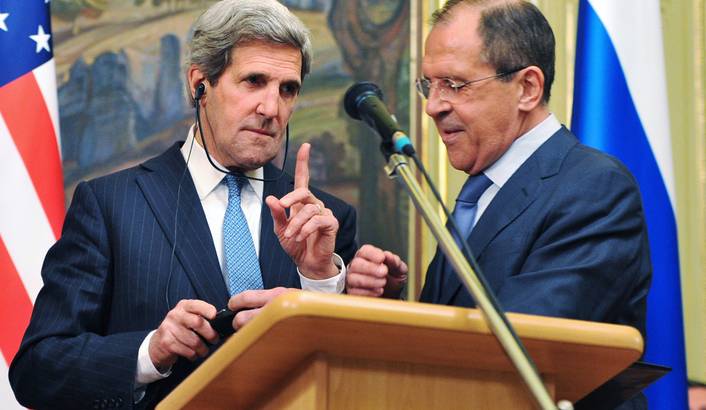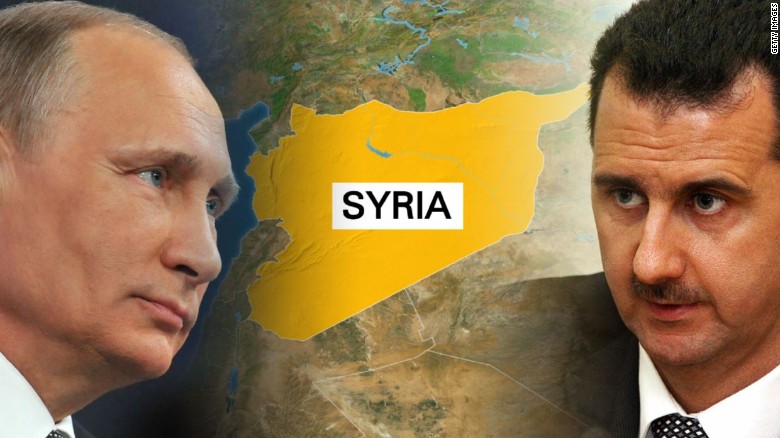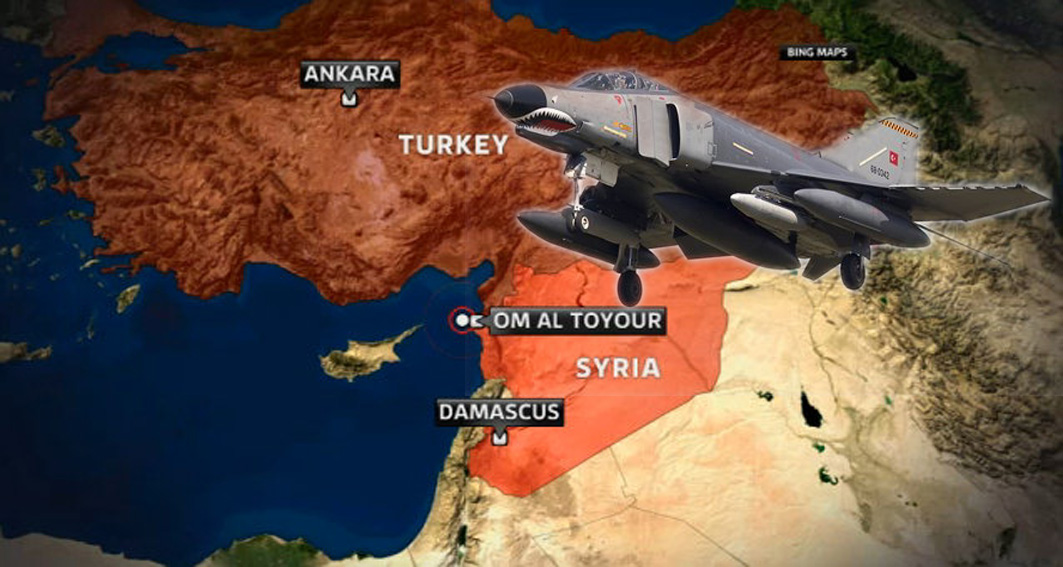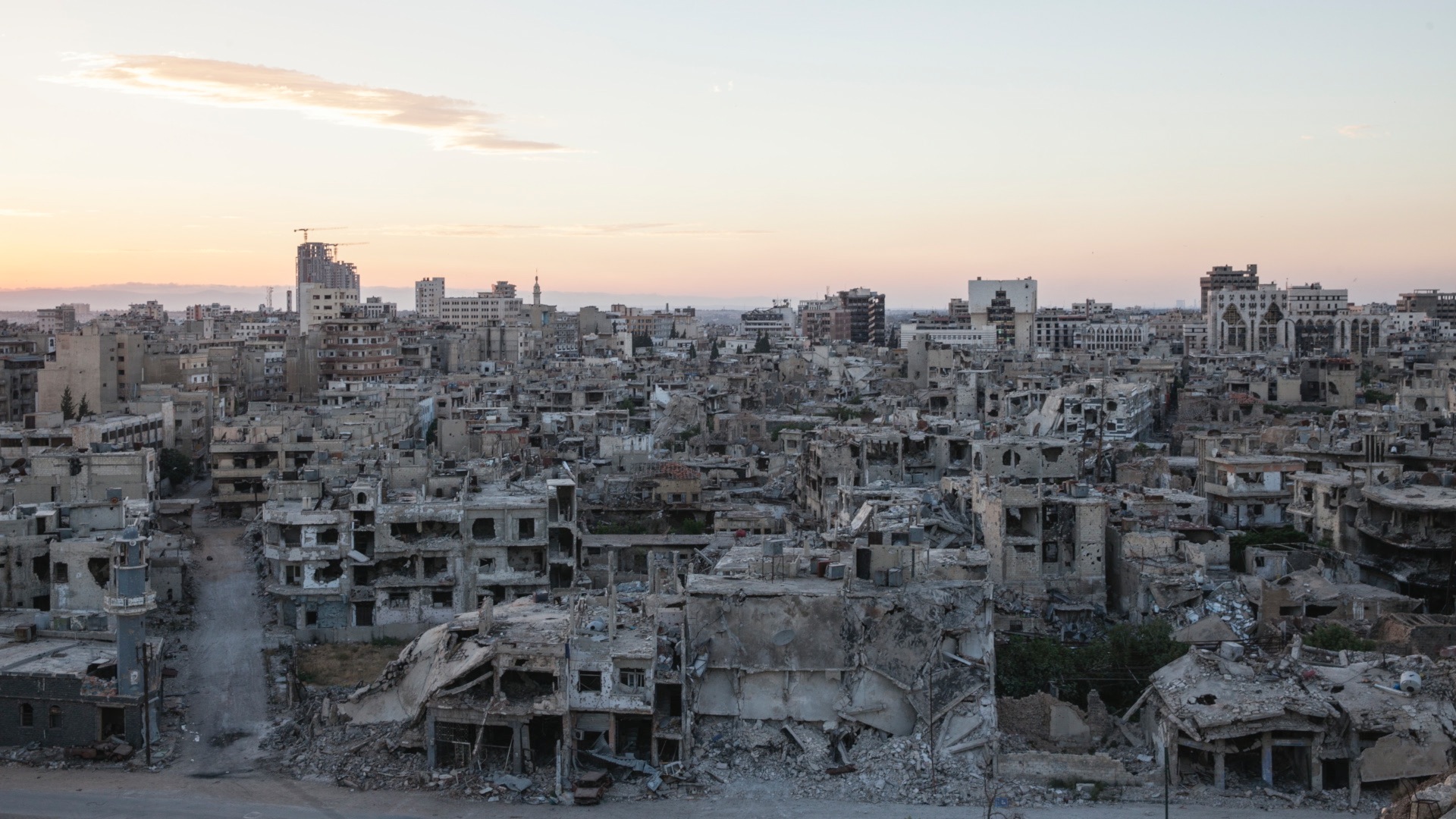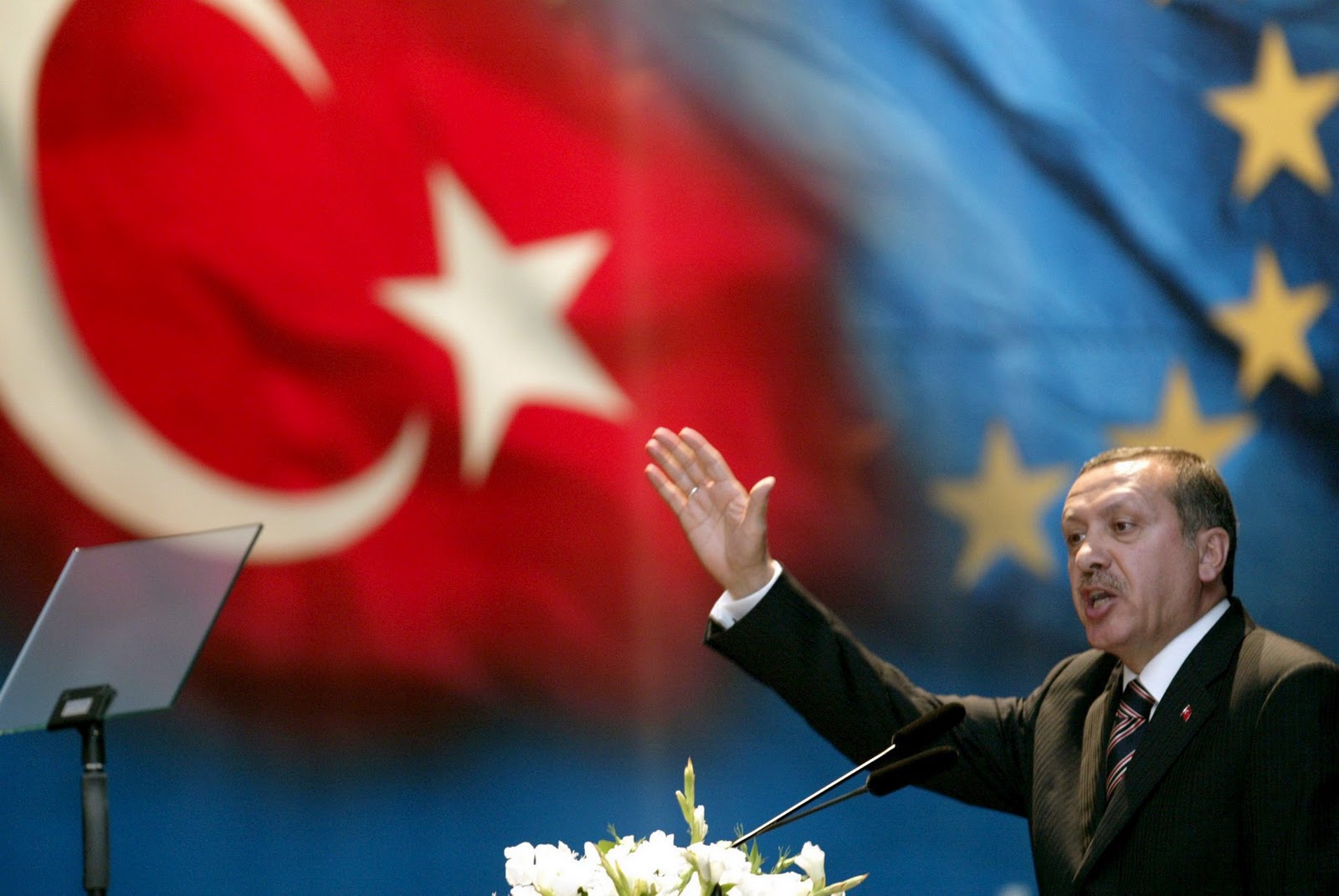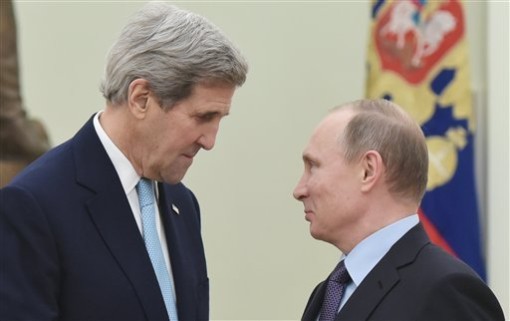Syria peace deal may be a real turning point in ending the war – but al-Nusra and Isis will unlikely go without a fight
The US and Russia’s landmark agreement may drastically reduce the violence that has characterised the last five years in war-ravaged Syria, but as Patrick Cockburn writes from Damascus, much still depends on defeating jihadist rebels and pressuring local allies to comply
By Patrick Cockburn
The proposed ceasefire in Syria is the outcome of a new balance of power in that country that has developed over the last two years. During this period, the US and Russia became militarily involved in the civil war in Syria and Iraq, providing devastating fire power to their chosen allies on the ground. As main players in the conflict – part rivals and part allies – they should have enough influence on their local proxies and regional friends to bring the war to an end or, at least, to limit and de-escalate the violence.
As US Secretary of State John Kerry and the Russian Foreign Minister Sergei Lavrov announced the historic deal, they were still sounding more than a little uncertain as to whether they could deliver the desired outcome. Mr Kerry said the “bedrock of the agreement”, spelled out in detail in five unpublished documents, will be Russia’s ability to put pressure on President Bashar al-Assad to stop using his air force to fly combat missions against the opposition. He said that Syrian air force bombing was the main cause of civilian casualties and the ceasefire “should put an end to the barrel bombs, an end to the indiscriminate bombing of civilian neighbourhoods”.
Real the full article on Independent
